This is one of four units designed to be delivered at any, or all three of the stages of Primary school. Through exploration of the topic ‘My Name’, children at EYFS can develop ‘Building Blocks’ of knowledge and understanding in key areas that will help equip them to make sense of the challenging history of transatlantic slavery later in their schooling. Explore the unit’s ‘Learning Objectives’ to understand how this unit prepares children for approaching this history. The topic has been designed to also deliver key components of the EYFS curriculum.
Exploring first names offers a very personal platform from which to appreciate the diversity of British society and human rights related to identity and culture, regardless of the degree of ethnic diversity within a class of children. Even names today considered to be very ‘White British’ will have an origin which is European, Hebrew, Asian, American etc etc – demonstrating how cultures from other countries have been travelling to and influencing Britain for centuries.
The unit is structured around a learning cycle and offers teachers a topic that can be tailored according to the needs and interests of the class and teacher.
Stage 1: Entry Activity
Map of our names
Children produce a self portrait, labeled with their first name. As a class or in groups, they use a first-names book or website to add to the label which country the name comes from and any meaning it has. The portraits are then attached to a world map according to name origin (this can be done as a class, or a whole school display).
Teacher Approach
Adult led / supported – drawing out questions from the class such as:
- Why do I have a name?
- Where did my name come from?
- Do I have a connection with the country my name comes from?
- If not, why was it chosen for me?
- Why do our names come from all over the world?
- How can we find out more about our names?
Big Question: What do I know about my name?
The ‘big question’ is introduced and the adult explains the topic and that they will need to answer the ‘big question’.
Stage 2: Immersion
Children identify their challenge and raise their own questions to investigate. Final challenge is introduced.
Big Question: What do I know about my name?
Pupil voice
opportunity for learners to ask questions to direct the enquiry
- Who gave me my name?
- Why was it chosen for me?
- What does my name mean?
- Do any of us have the same name?
- If I could choose a different name what would I choose?
- Do I like my name?
- Did I have a naming ceremony?
- What are children called in other countries?
- Who chooses their name and how?
- Why do names in Britain come from all over the world?
Teacher Approach
leading the class or dividing into groups to undertake suggested activities
- Children find out about their own names (origins, why chosen, significance). Note: with looked-after or adopted children this exercise will need to be carefully managed. Teachers may choose here to focus purely on the geographical and historical significance of the name.
- Practice writing and spelling their own and each-others names, exploring the phonetic and irregular pronunciations as they learn to read and write.
- Refer to a map of name origins to discuss where their names have originally come from. Can they speak any words from those countries’ languages?
- Read stories about names and travel.
- Research into African names and how they are chosen/what they represent in different African countries and cultures.
- Exploring the United Nations Convention on the Rights of the Child – the right to a name and other human rights listed.
Stage 3: Have a go
Children use their learning to have a go – activities that allow them to make mistakes and develop skills.
Big Question: What do I know about my name?
Pupil voice
opportunity for learners to ask questions to direct the enquiry.
- Who gave me my name?
- Why was it chosen for me?
- What does my name mean?
- Do any of us have the same name?
- If I could choose a different name what would I choose?
- Do I like my name?
- Did I have a naming ceremony?
- What are children called in other countries?
- Who chooses their name and how?
- Why do names in Britain come from all over the world?
Teacher Approach
leading the class or dividing into groups to undertake suggested activities.
- Discussing the popularity of names in their school and where they come from.
- Finding out how and why people have moved from country to country over time – eg. using examples given in stories and songs.
- Exploring the pronunciation of names from several different countries using music and rhythm – to include African names.
- Using maps and IT to trace the origins of names and visually represent them.
Stage 4: The Challenge
Big Question: What do I know about my name?
Suggested ‘challenges’ to answer the ‘big question’
Children compile a ‘fact-file’ on their first name – this could include it’s geographical origin, why is was chosen, its meaning, how they were named – as much information as they can include.
The class uses portraits (drawn or photographed) to compile a class display of how their names connect them to each-other and the world – eg ‘My mother chose my name’ (portraits attached); ‘My father chose my name’ (portraits attached); ‘My name is from Europe’, ‘My name is from Africa’ (portraits attached), ‘I was named after somebody in my family’; ‘I was named after a famous person’. A child’s name may appear in several sections, but will share connections with several other children.
Children prove their learning by answering the ‘big question’- adult steps back, children are empowered and supported.
Learning Objectives
Making sense of the history and legacies of transatlantic slavery in Britain today requires first some knowledge and understanding of some key areas. These have been listed in the Building Blocks resource as ‘Learning Objectives’ under the headings
- Africa, the Caribbean and North and South America (the African diaspora)
- Trade Links
- Human Rights
- Identity
When children learn about transatlantic slavery at KS3 they will learn that, once enslaved, African people were stripped of their name, given a new one not of their choosing and then branded or otherwise labelled with the name of their ‘owner’. These were some of the several further human rights abuses enslaved Africans suffered – including the separation of families and enforced denial of their African and family heritage. Maintaining African names and passing down African culture, skills and custom through enslaved families was a form of resistance to this abuse.
Completion of this unit will allow children to reflect and discuss what their name means to them, what it reflects about them, their family, their culture – and how it links them to others within their class and throughout the world through their name’s origin and meaning. Only when this thinking has taken place can a child properly understand the importance of a name and identity – and what it would truly mean to have this denied through force – as was done during transatlantic slavery. The unit offers scope for further discussion and debate about other human rights, including what it means to be free.
Beginning with simpler concepts at EYFS, then working through more sophisticated issues at Key Stage 1 and Key Stage 2, completion of this unit will allow children to better appreciate the concepts of identity and human rights – essential building blocks of knowledge and understanding to make sense of transatlantic slavery. All children will learn this history at Key Stage 3.
USI My Name ‘Building Blocks’ Learning targets
By completion of this unit at the end of KS2 children will:
-
Africa, the Caribbean and North and South America (and the African ‘Diaspora’)
- Be able to identify African countries on a contemporary map and use their knowledge to describe some of the geographical features, traditions, culture and ways of life in these countries.
- Be able to identify some of the Caribbean islands and North and South American countries on a contemporary map and use their knowledge to describe some of the geographical features, traditions, culture and ways of life in these countries.
-
Human Rights
- Know what are an individual’s rights (including the rights of a child) and be able to give examples of how these are protected.
- Know that people in the world suffer abuses of their human rights and use their knowledge to give examples.
- Be able to give examples of when and how individuals have resisted the infringement of their human rights past and present.
-
Identity
- Know that British society is shaped by a long history of various forms of migration from around the world and be able to give examples of how this has influenced our identity, and how Britain is viewed by other countries.
- Be able to identify some of the direct influences of African, Caribbean and North and South American culture, individual achievement and tradition on British contemporary life and use their knowledge to discuss this.
- Be able to discuss their identity and have a sense of their place in the world.
- Be able to make historical connections between Britain, Africa, the Caribbean and North and South America and use their knowledge to recognise how this history’s legacy has shaped attitudes and values in both negative and positive ways.
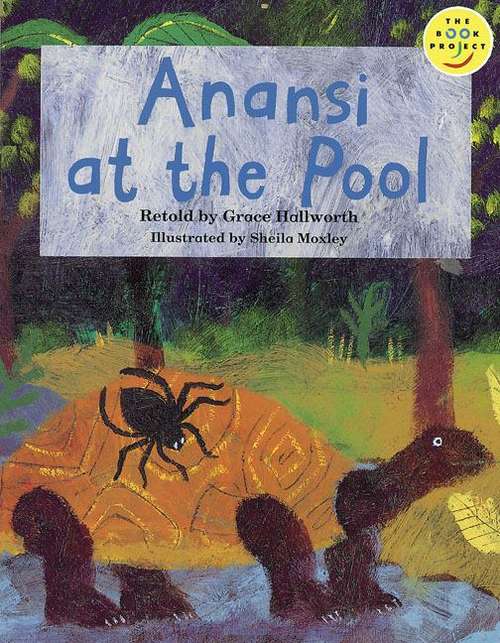
Anansi at the Pool
isbn: 978-0582124141
publisher: Longman Book Project
year: 1994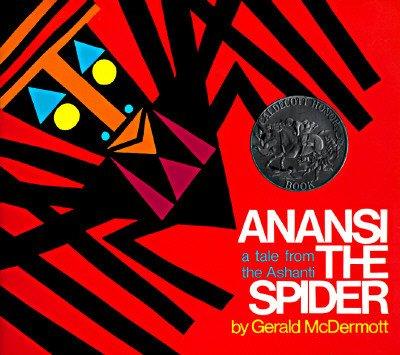
Anansi the Spider – a tale from the Ashanti
isbn: 978-0833513601
publisher: Turtleback Books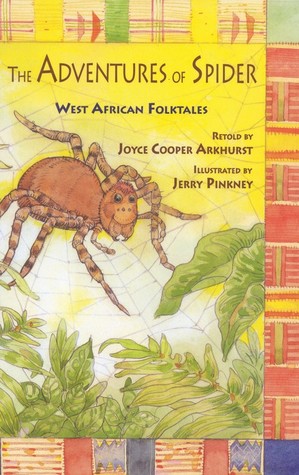
The Adventures of a Spider – West African Folktales
isbn: 978-0316051071
publisher: Little, Brown Books for Young Readers
year: 1992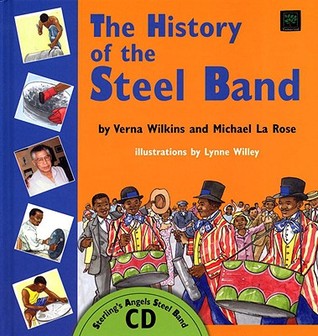
The History of the Steel Band
isbn: 9781870516747
publisher: Tamarind
year: 2006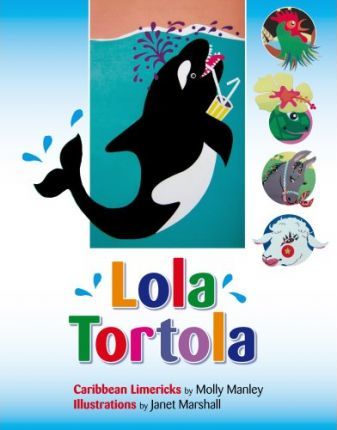
Lola Tortola; Caribbean Limericks
isbn: 9780230731264
publisher: MacMillan
year: 2009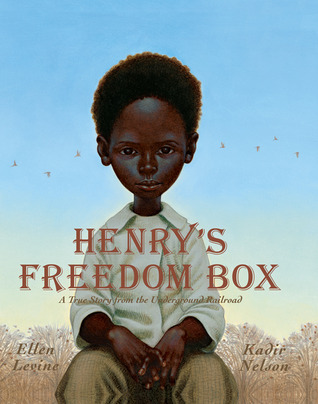
Henry’s Freedom Box; A True Story from the Underground Railroad
isbn: 9780439777339
publisher: Scholastic Press
year: 2007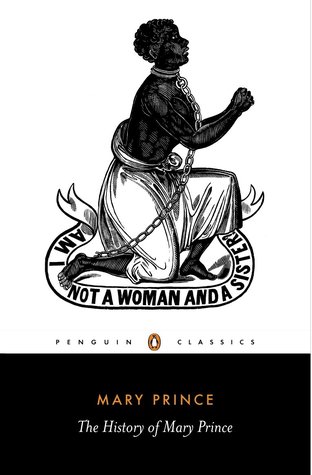
Mary Prince: The History of Mary Prince
isbn: 9780140437492
publisher: Penguin
year: 2017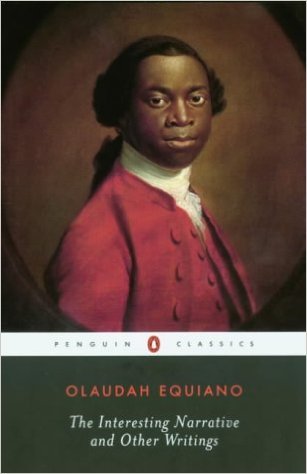
The Interesting Narrative and Other Writings
isbn: 9780142437162
publisher: Penguin Classics
year: 2003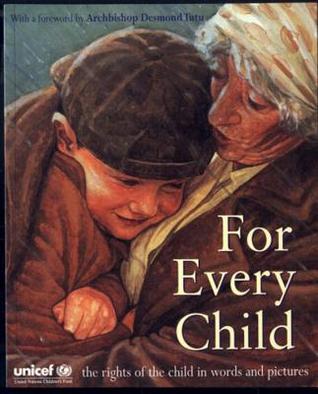
For Every Child
isbn: 9780099408659
publisher: Red Fox
year: 2002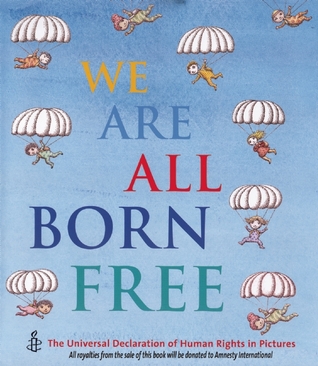
We Are All Born Free: The Universal Declaration of Human Rights in Pictures
isbn: 9781845076504
publisher: Frances Lincoln Children's Books
year: 2008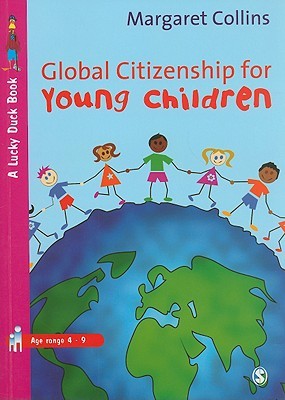
Global Citizenship for Young Children
isbn: 9781412946308
publisher: Sage Publications Ltd
year: 2008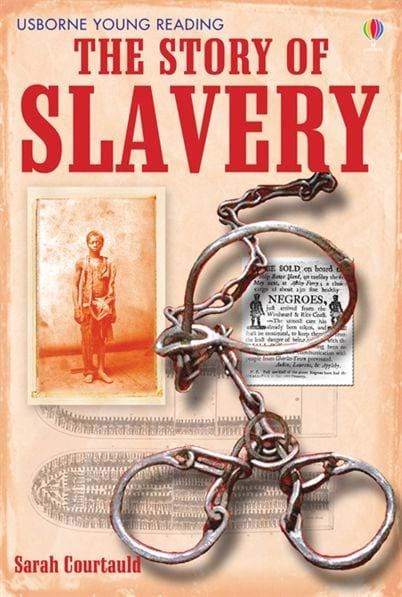
The Story of Slavery
isbn: 978074608752-7
publisher: Usborne